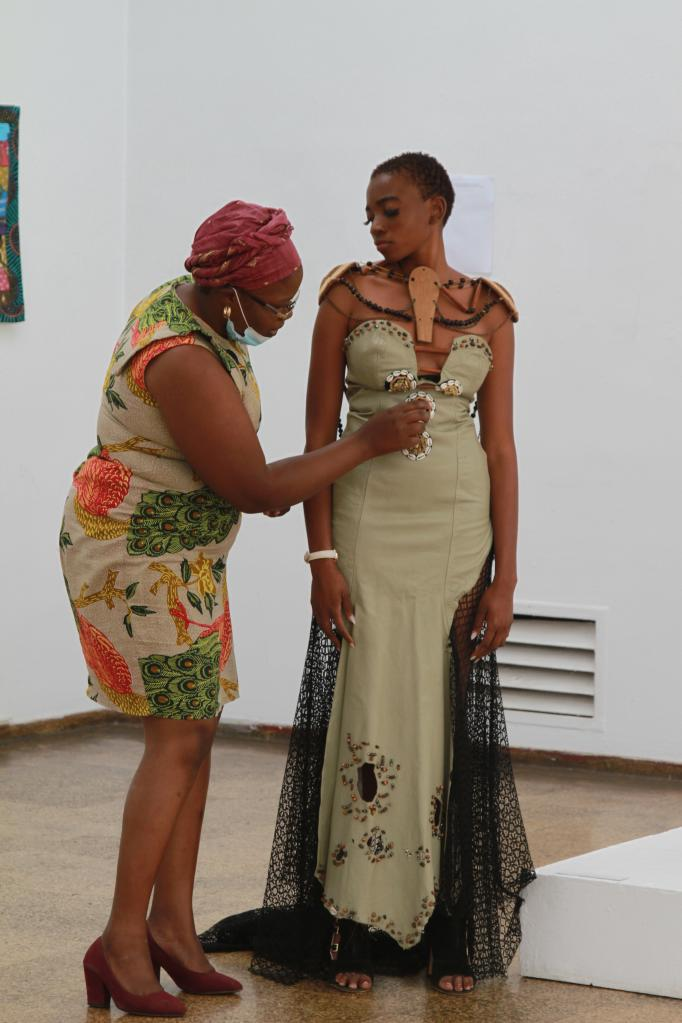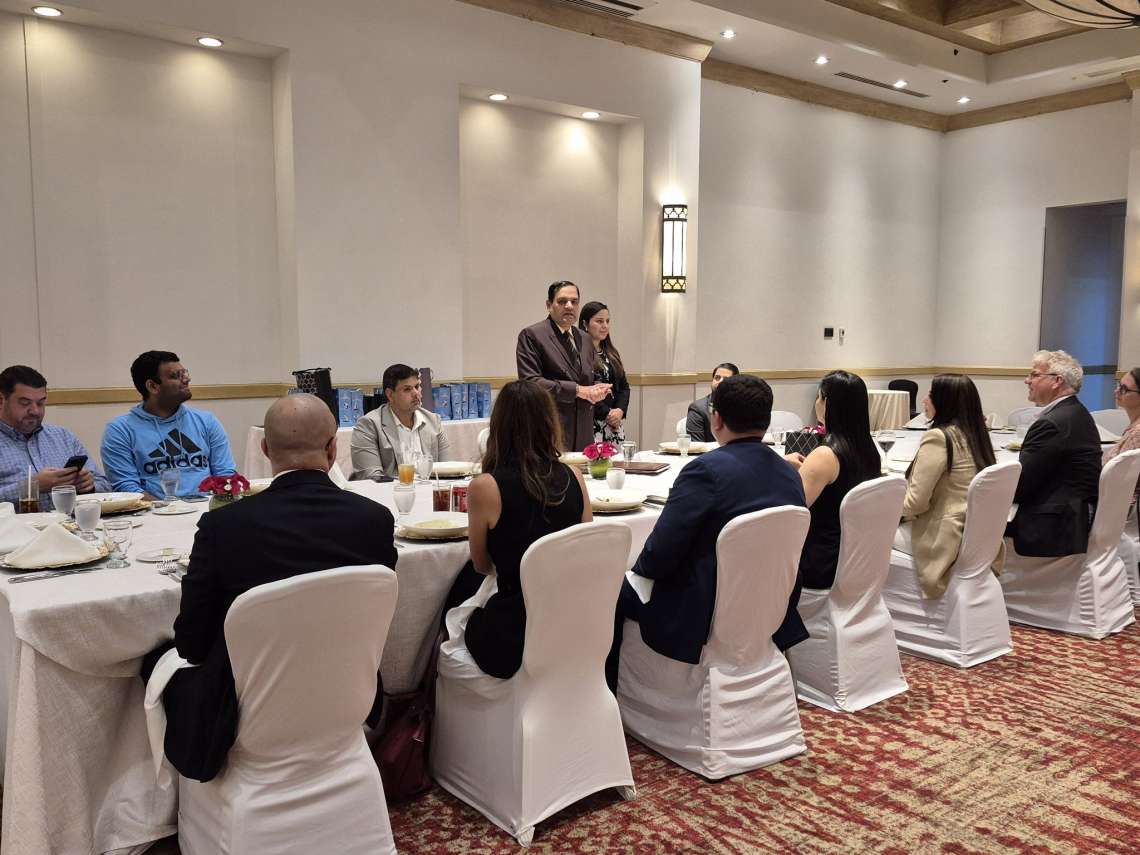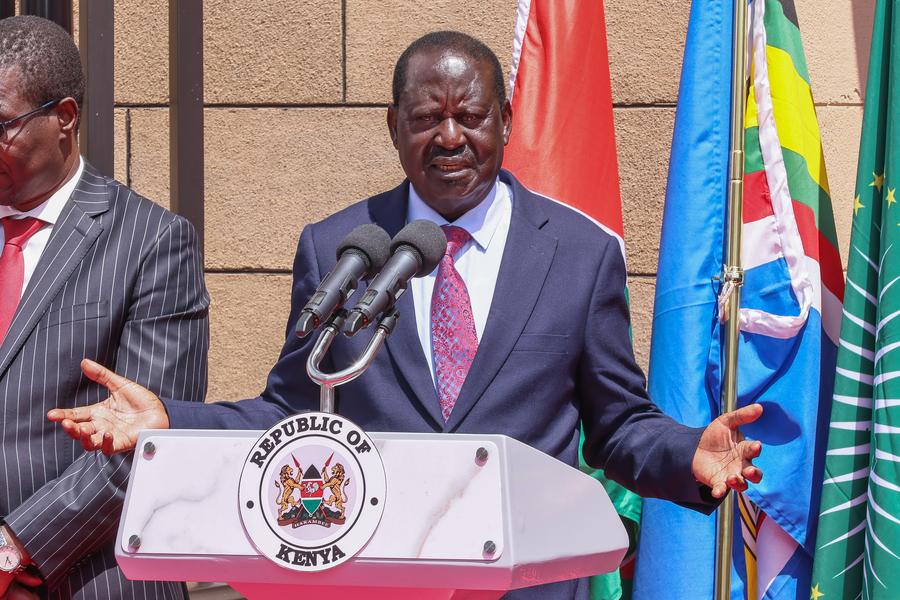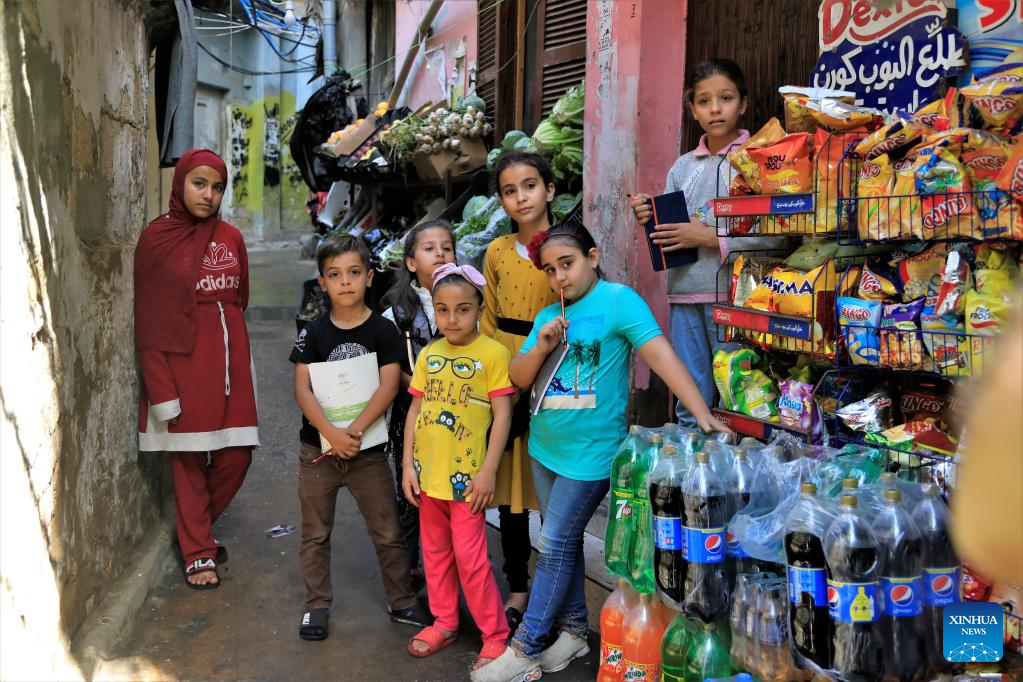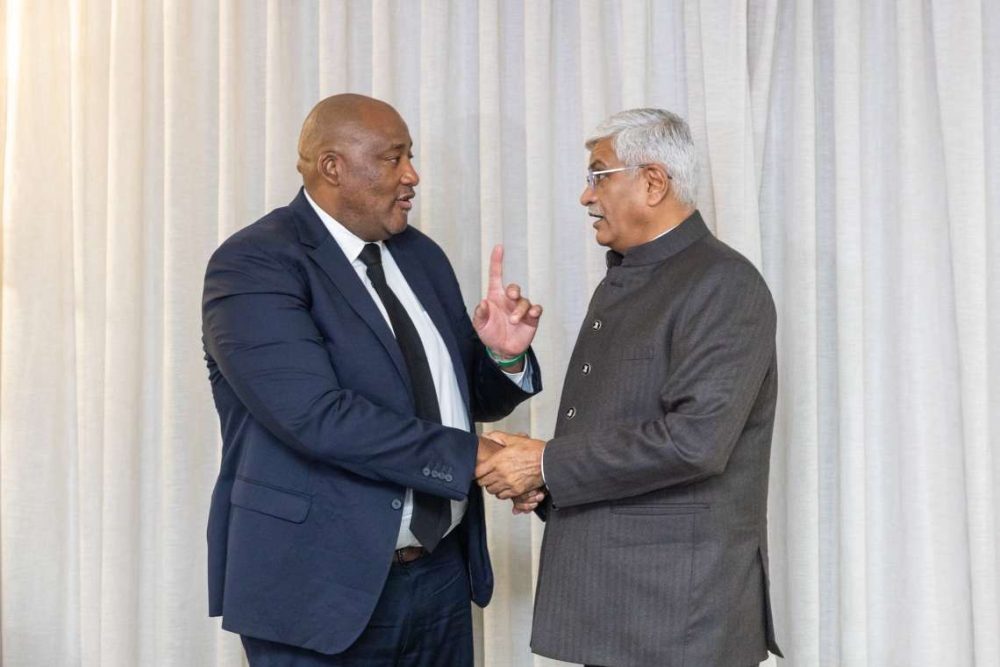Zimbabwean designer brings visual language to fashion … writes Tafara Mugwara
In a world in which conformity is the order of the day, Tarisayi Gweje’s fashion designs are known for standing out from the conventional.
One of her dresses – made from leather and decorated with beads – teleports the admirer to the pre-colonial era.
“My way of producing these gowns, it’s a way of trying to think out loud and show people out there this is what we were, this is how we were going to be like if we hadn’t been colonized before,” Gweje told Xinhua in an interview.
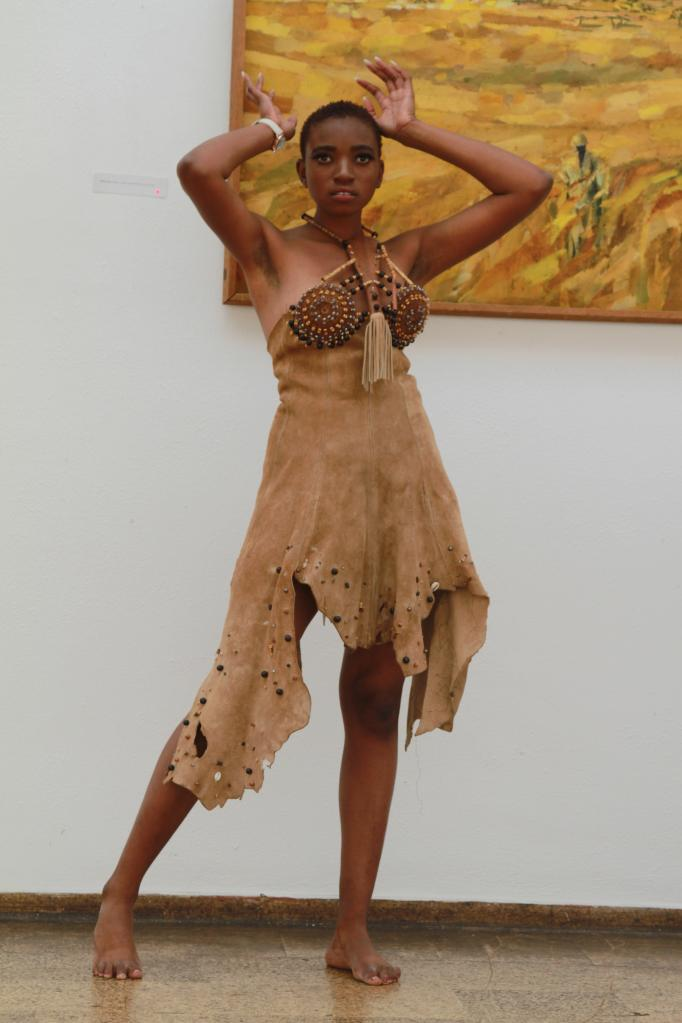
As a visual form of art, fashion can be an outlet to express the mind, she said.
“I have been thinking, what if we were still in that era before colonization? What were we going to be looking like? Were we going to produce fabric or we were going to develop using our natural pods, leather and many other things?” she said.
Gweje is a fashion designer focusing on avant-garde and haute couture in her creations. Her norm-defying fashion is presented in the most unexpected forms.
For avant-garde pieces, she mostly uses found objects and recycled materials. Her haute-couture dresses are mostly made from natural materials.
Another gown in her collection presents a stunning juxtaposition of Western fashion with African culture.
The work is currently on display at the National Gallery of Zimbabwe under the theme “BreakTheBias”. The exhibition celebrates the achievements of women and female artists.
“My art and my work is a way of expressing myself. It’s a way of expressing how I am thinking, or how I wish things would be like,” Gweje said.
Another display, a black dress decorated with spoons, narrates the situation where people work hard but are hardly rewarded for the work.
“So the spoons were representing the people who are working very hard and earning very little, yet there are so many other people, they are really a few people who are not working but they are earning large amounts of money and they are splashing money out there,” Gweje said.
Beads are a common feature of her traditionally themed costumes. She said they symbolize woman’s chores in a highly gendered society – so time-consuming yet barely noticed and therefore unrewarded. She said her art also aims at drawing attention to environmental degradation.
“For Avant Guard, I decided to use found objects to clean the environment that I live in and make use of the things that we think are no longer useful. I find it very fascinating that I can make some art pieces or some designs that are acceptable to the world out there with those things that people think are unnecessary,” she said.
ALSO READ:Africa Seek New financial architecture
Gweje is among a new crop of African stylists taking over international fashion. To date, the artist has graced many international fashion shows.
Traditionally, dressing served as a method of cultural expression by people who occupy present-day Zimbabwe. Colonization forced the adoption of western-style clothing, and until now, Western fashion served as one of the foundations of local fashion.
Presently, local designers including Gweje are redefining African fashion, taking Western fashion and molding it into African styles.


